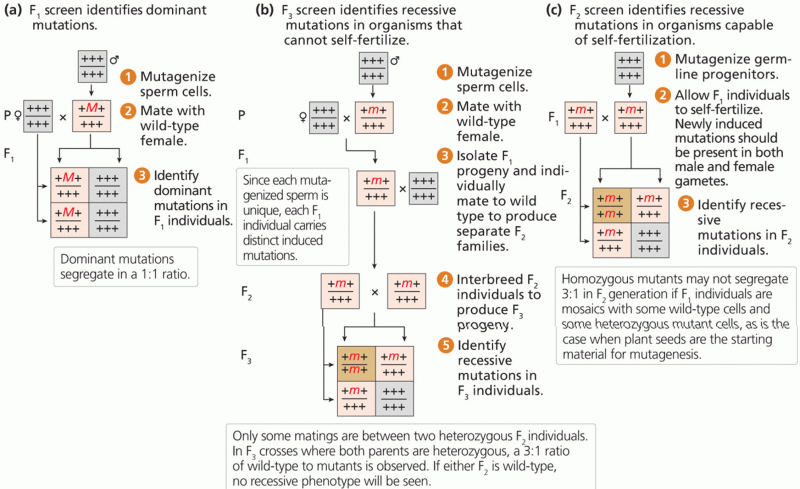|
|
|
Drying your hands with a paper towel will reduce the bacterial count on your hands by 45–60%.
A seasonal flu vaccine is the best way to reduce the chances you will get seasonal influenza and spread it to others.
The effects of organophosphate poisoning are referred to by using the abbreviations “SLUD” or “SLUDGE,” It stands for: salivation, lacrimation, urination, defecation, GI upset, and emesis.
Asthma-like symptoms were first recorded about 3,500 years ago in Egypt. The first manuscript specifically written about asthma was in the year 1190, describing a condition characterized by sudden breathlessness. The treatments listed in this manuscript include chicken soup, herbs, and sexual abstinence.
The longest a person has survived after a heart transplant is 24 years.







